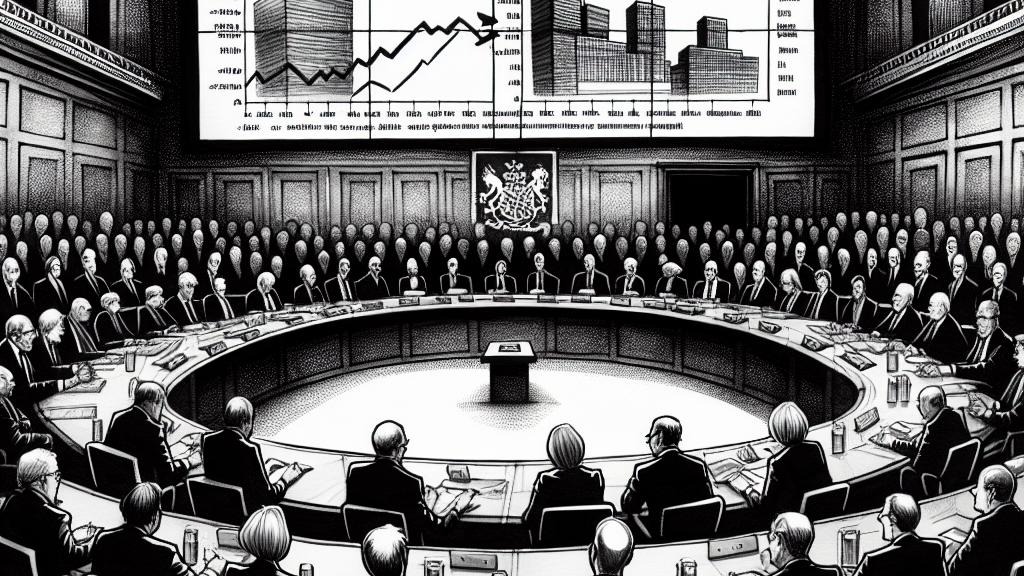Germany's Finance Minister Criticizes UniCredit's Aggressive Approach to Commerzbank
Overview
- Finance Minister Jörg Kukies lambasts UniCredit's takeover bid strategy.
- He brands the move as aggressive and lacking in clarity.
- German officials are increasingly wary of hostile takeovers in banking.

Introduction to the Concerns
In Germany, a nation known for its strong economic stability, Finance Minister Jörg Kukies has raised alarms about UniCredit's aggressive bid for Commerzbank. His remarks label the approach as 'very aggressive' and 'opaque,' suggesting that such maneuvers can undermine the trust essential to a healthy banking environment. With the country's banking sector being the lifeblood of its economy, Kukies' stance highlights a protective effort—one that resonates across boardrooms and financial circles alike. Ensuring that banks operate with integrity is not just smart policy; it's crucial for maintaining public confidence.
Impact of the Bid
The ambitious bid from UniCredit, which already holds a 9.5% direct stake in Commerzbank, raises serious concerns as they seek to raise it to nearly 30%. Interestingly, while pursuing Commerzbank, UniCredit is also eyeing Banco BPM in Italy. This ambitious dual agenda prompts a critical inquiry: Can they successfully manage both as they navigate complex financial waters? Employees at Commerzbank find themselves anxiously watching these moves, caught in the crossfire of corporate strategies. History teaches us valuable lessons; aggressive expansions often lead not to steady growth, but rather to chaos in corporate structures and damaged reputations.
Government's Protective Measures
Kukies emphasizes the necessity of prudence in the financial arena, declaring that 'hostile takeovers in systemic banks rarely succeed.' This statement serves as a significant warning not just to UniCredit but to all potential investors engaging in the realm of high-stakes banking. The shadows of financial crises loom large, and history reveals that hostile takeovers often result in long-term negative consequences. By stressing the need for transparent dealings and diligent strategies, Kukies sends a clear message: if UniCredit wishes to cement itself within Germany's banking landscape, cooperation and goodwill must precede any bold moves.
Challenges in the Broader Context
In addition to these corporate challenges, UniCredit faces a shifting political landscape in Germany, where the government has been described as fractured and indecisive. As elections loom, urgency might be tempered by bureaucratic hesitation, complicating proactive responses to UniCredit's aggressive strategies. Outgoing Chancellor Olaf Scholz's condemnation of 'unfriendly attacks' on the banking system further cements the sentiment that hostile maneuvers are unwelcome. Such political dynamics serve as both a cautionary tale and a reminder; cohesion in governance is integral to ensuring stability in business.
Conclusion
In conclusion, the path forward for UniCredit is fraught with both opportunities and challenges. As the financial world watches closely, it becomes increasingly clear that a strategic pivot is necessary. Finance Minister Kukies’ powerful assertions remind us all that maintaining stability in Germany’s banking sector is paramount. To succeed in this intricate landscape, UniCredit must not only reassess its methods but also foster trust and open dialogue. Ultimately, the future of Commerzbank—and the broader trust of the German public—hinges upon these critical decisions. The coming weeks will be telling; will UniCredit rise to the occasion, or will aggressive tactics overshadow its ambitions?

Loading...